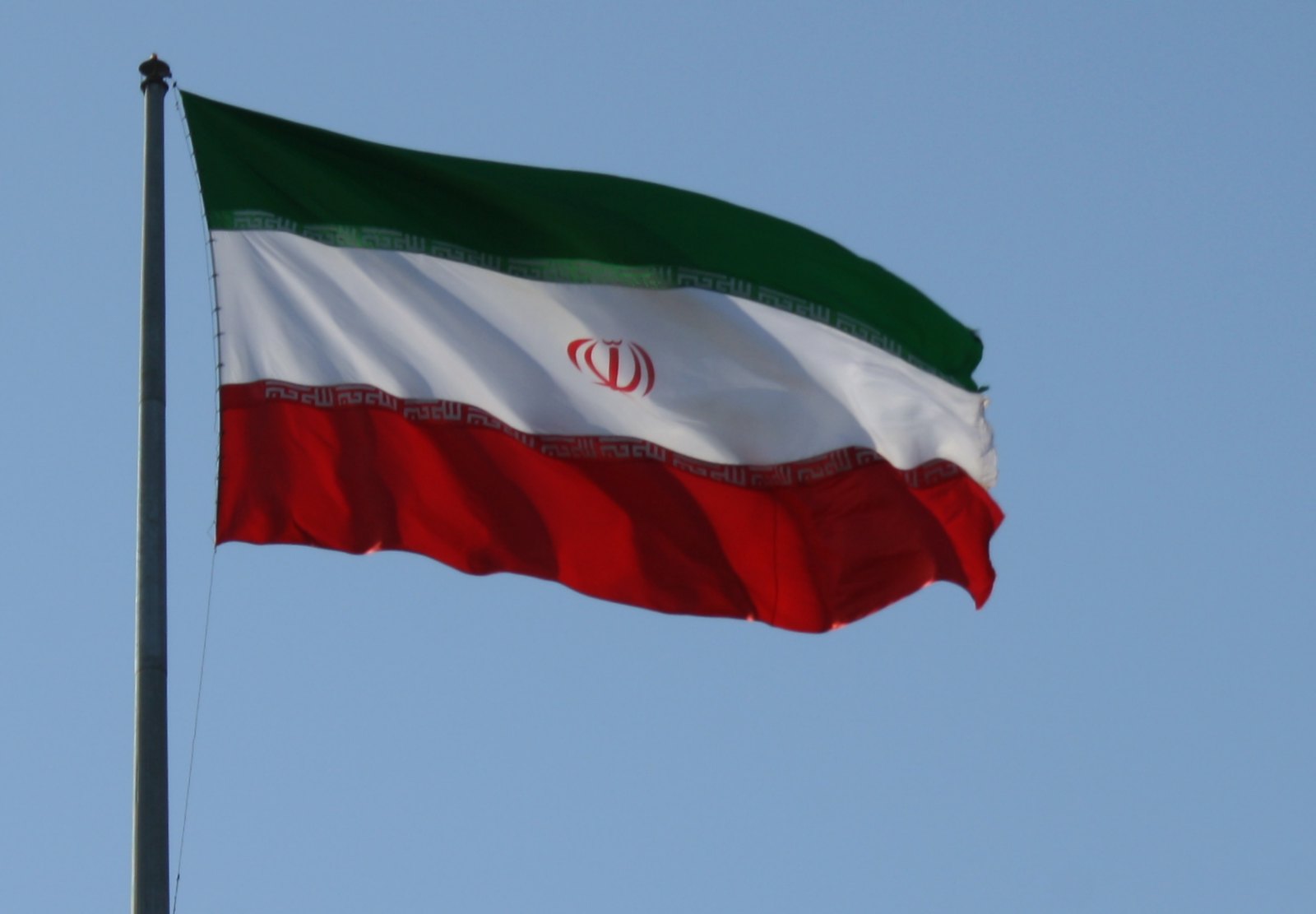On Wednesday, Iran launched missiles targeting U.S. bases in Iraq. The U.S. Joint Command in Baghdad, which oversees both Iraqi and international troops there, said no Americans or Iraqis had been killed in the missile strikes, nor had international forces serving alongside Americans.
For its part, Iran’s foreign minister said on Twitter that “Iran took and concluded proportionate measures in self defense.” He went on to say, “We do not seek any escalation or war, but will defend ourselves against any aggression.”
Aaron O’Connell, teaches military history at the University of Texas at Austin. He also served as a special advisor to Gen. David Petraeus in Afghanistan. O’Connell says the missiles Iran launched were more powerful than the rockets it has launched in the past.
“These are ballistic missiles; they’re much more advanced,” O’Connell says. “And Iran has lots of these … I mean thousands.”
He says the missile attack was an “overt military escalation,” and a way for Iran to send a message to the U.S.
It was also a message to Iranians who wanted their government to avenge the killing of Revolutionary Guard Maj. Gen. Qassem Soleimani.
O’Connell says Iran may not launch additional missiles in the short term, but it’s also in the midst of a long-term political strategy to push American military forces out of Iraq.
“That’s been Iran’s No. 1 goal since 2003,” O’Connell says. “Even if they don’t strike us militarily, they are responding the Soleimani killing by doing a full-force push on the Iraqi government to eject American forces, and that would have really disastrous consequences for Iraq and for the fight against ISIS.”
Written by Caroline Covington.















